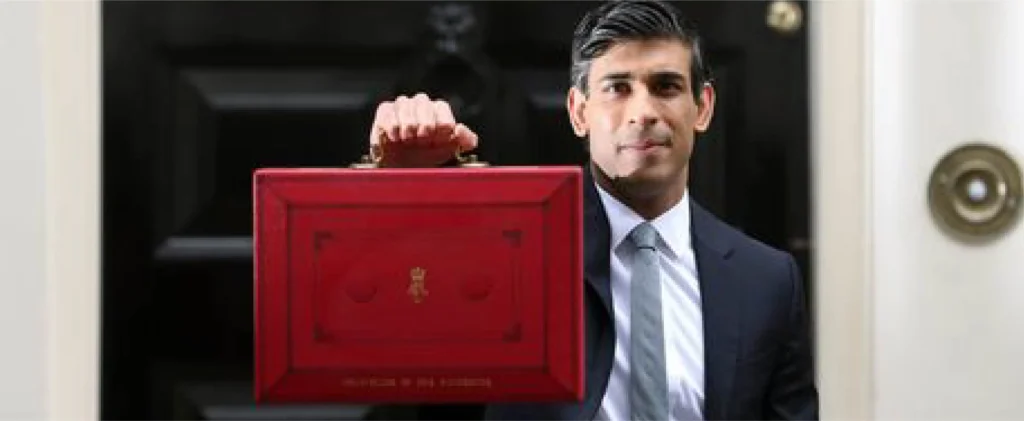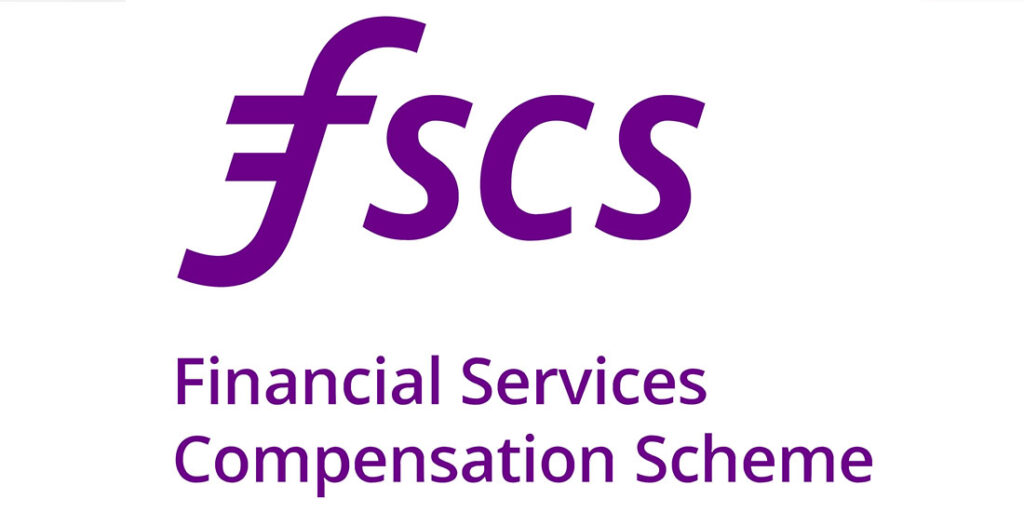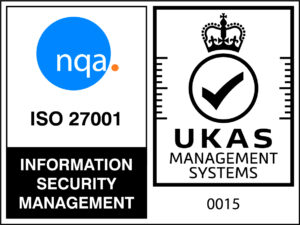
Budget For 2021
Rishi Sunak has delivered his budget for 2021, here are some of the key points and Tables for the current Tax year.
All of the below is subject to relevant legislation. This is for information only. Please always seek professional advice before acting.
Furlough
- The government has decided to extend the Furlough scheme until September 2021. This has supported 11.2 million jobs so far in the UK, worth almost £53 billion.
- The government will continue to pay 80% of employee wages until the scheme ends, but businesses will have to contribute 10% in July 2021 and 20% in August and September 2021, as the scheme will be gradually phased out.
Business support
- There is an initiative to deliver ‘Restart grants’ to businesses to get them going again. All non-essential businesses will receive a grant of up to £6,000 and will open first. However, all the leisure and hospitality businesses like hairdressers, gyms and personal care will open later with restrictions and get grants of up to £18,000.
- The government has decided to extend the unprecedented 100% business rates holiday for every eligible retail, leisure and hospitality business, a tax cut worth £10 billion. This will be applicable until June, before the rates are cut by two-thirds for the rest of the nine months. This way, most businesses will get a 75% cut in their next tax year, a tax cut worth £6 billion.
- A new help to grow scheme will be launched to increase the productivity of small businesses. This scheme will help SMEs get training through government-funded programmes, with companies contributing just £750, which is only 10% of the whole cost of the course.
- Small businesses will get 50% off when buying new productivity-enhancing software. The scheme will be launched by this Autumn and will benefit 130,000 SMEs.
Housing
- The government has extended the stamp duty cut for homebuyers. To avoid incomplete purchases, the £500,000 nil rate band will end on June 30, before bringing it down to £250,000 until the end of September 2021.
- From April 2021 to December 2022, lenders offering loan-to-value ratios of 91% to 95% will get a government guarantee on the full value of the mortgages. The new mortgage guarantee will allow homebuyers to take the first step towards owning a house. The maximum property value will be £600,000 and mortgages must be arranged on a repayment basis.
SDLT (England & N Ireland)
Residential property
To 30/06/2021
Up to £500,000 0%
£500,000 – £925,000 5%
£925,001 – £1,500,000 10%
Over £1,500,000 12%
Residential property
01/07/2021 to 30/09/2021
Up to £250,000 0%
£250,000 – £925,000 5%
£925,001 – £1,500,000 10%
Over £1,500,000 12%
Residential property
From 01/10/2021
Up to £250,000 0%
£125,000 – £250,000 2%
£250,000 – £925,000 5%
£925,001 – £1,500,000 10%
Over £1,500,000 12%
First time buyers: 0% on first £300,000 for properties up to £500,000 from 01/07/2021 Non-resident purchasers: 2% surcharge on properties £40,000 or more
Residential properties bought by companies over £500,000: 15% of total consideration, subject to certain exemptions
Commercial property
Up to £150,000 0%
£150,001 – £250,000 2%
Over £250,000. 5%
Corporation tax
- To resolve the issues created by the COVID-19 pandemic, the largest and most profitable companies will contribute more from April 2023.
- The rate of corporation tax paid on profits of at least £250,000 will be increased to 25%.
- At the same time, businesses making profits less than £50,000 will pay a new corporation tax at 19%.
- To encourage investments into qualifying new plant and machinery, will benefit from a 130% first year capital allowance. According to OBR, this can lift business investment by 9% and lift the UK from 30th to 1st in the OECD’s ranking for business investment. For two years, there will be a business tax cut worth £25 billion.
Capital Gains Tax
Tax Rates – Individuals
Below UK higher rate income tax band 10%
Within UK higher and additional rate income tax bands 20% Tax Rate – Trusts and Estates 20% Surcharge for residential property and carried interest 8% Exemptions
Annual exempt amount: Individuals, estates, etc £12,300 Trusts generally £ 6,150 Chattels gain limited to 5⁄3 of proceeds exceeding £ 6,000 Business Asset Disposal Relief
10% on lifetime limit of £1,000,000
For trading businesses and companies (minimum 5% participation) held for at least 2 years
Personal Tax Policy
- In the last decade, the personal allowance has doubled to £12,500, which means that now, a typical basic rate taxpayer pays £1,200, which is less tax in 2010. (Personal allowance reduced by £1 for every £2 of adjusted net income over £100,000). For 2021/2022 this will rise because of inflation to £12,570, and this higher level will be kept until April 2026.
- Marriage / Civil Partner’s transferable Allowance increases to £1,260 – 2021/2022 (Married couple’s/civil partner’s allowance reduced by £1 for every £2 of adjusted net income over £30,400 – 2021/2022, until minimum reached)
- Married couple’s/civil partner’s allowance at 10%† (if at least one born before 6/4/35)
– maximum £9,125 – 2021/2022
– minimum £3,530 – 2021/2022
(†Married couple’s/civil partner’s allowance reduced by £1 for every £2 of adjusted net income over £30,400 (£30,200 for 2020/2021), until minimum reached). - Blind person’s allowance £2,520 – 2021/2022
- Rent-a-room relief £7,500 – 2021/2022
- The CGT, inheritance, pension lifetime allowances, and VAT threshold will remain at the present levels. The tax-free inheritance threshold will remain at the present level until April 2026. The lifetime allowance will remain at over £1 million, 95% of people near retirement will remain unaffected by this change.
- The income tax, VAT or NICs will not increase, and the government is freezing fuel and alcohol duty.
Registered Pensions
Lifetime allowance £1,073,100 – 2021/2022 Money purchase annual allowance £ 4,000 -2021/2022 Annual allowance* £ 40,000-2021/2022 Annual allowance charge on excess is at applicable tax rate(s) on earnings Lifetime allowance charge if excess is drawn as cash 55%; as income 25% Pension commencement lump sum up to 25% of pension benefit value
*Reduced by £1 for every £2 of adjusted income over £240,000 to a minimum of £4,000, subject to threshold income being over £200,000
Inheritance Tax
Nil-rate band* £325,000 (2021/2022) Residence nil-rate band*† £175,000 (2021/2022)
Rate of tax on excess 40% Rate if at least 10% of net estate left to charity 36% Lifetime transfers to and from certain trusts 20% Overseas domiciled spouse/civil partner exemption £325,000 (2021/2022) 100% relief: businesses, unlisted/AIM companies, certain farmland/ buildings
50% relief: certain other business assets e.g. farmland let before 1/9/95
Annual exempt gifts of: £3,000 per donor £250 per donee
Tapered tax charge on lifetime gifts within 7 years of death
Years between gift and death 0–3 3–4 4–5 5–6 6–7
% of death tax charge 100 80 60 40 20
*Up to 100% of the unused proportion of a deceased spouse’s/civil partner’s nil-rate band and/or residence nil-rate band can be claimed on the survivor’s death
†Estates over £2,000,000: the value of the residence nil-rate band is reduced by 50% of the excess over £2,000,000
Tax Incentivised Investment
- Total Individual Savings Account (ISA) limit excluding Junior ISAs (JISAs)
£20,000 – 2021/2022 - Lifetime ISA £4,000 – 2021/2022
- JISA and Child Trust Fund £9,000 – 2021/2022
- Venture Capital Trust (VCT) at 30% £200,000 – 2021/2022
- Enterprise Investment Scheme (EIS) at 30%* £2,000,000 – 2021/2022
- EIS eligible for CGT deferral relief No limit – 2021/2022
- Seed EIS (SEIS) at 50% £100,000 – 2021/2022
- SEIS CGT reinvestment relief 50% – 2021/2022
*Above £1,000,000 investment must be in knowledge-intensive companies
Building our Future Economy
- The government has announced 45 new town deals and has launched a £150 million community ownership fund to help communities purchase local assets like theatres and pubs.
- There will be eight freeports across the UK including Humberside, Teesside, Thames Gateway, Felixstowe, Plymouth, Solent, the East Midlands and Liverpool.
- All businesses located in these freeports will get tax breaks such as no stamp duty, machinery investment and full rebates for construction, lower tariffs, five years of zero business rates, and customs obligations.
All the above is subject to relevant legislation. This is for information only. Please always seek professional advice before acting.
*Capital is at risk and Kuflink is not protected by the FSCS. Past returns should not be used as a guide to future performance. Securing investments against UK property does not guarantee that your investments will be repaid and returns may be delayed. Tax rules apply to IFISAs and SIPPs and may be subject to change. Kuflink does not offer any financial or tax advice in relation to the investment opportunities that it promotes.













